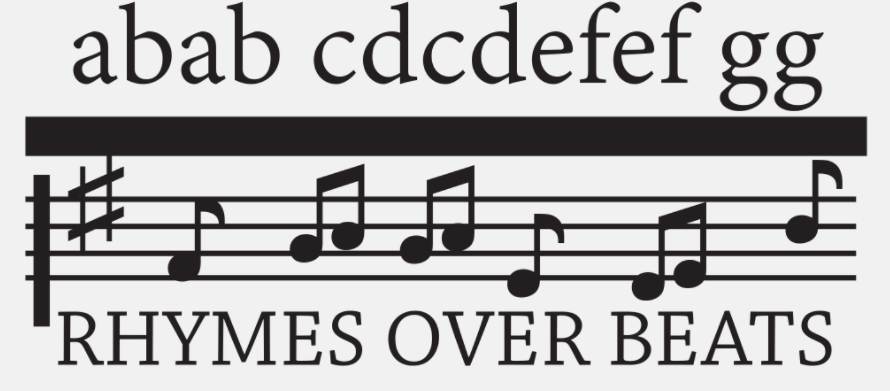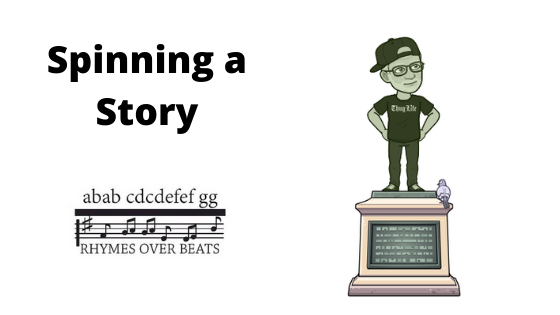What’s Your Spin on It?
One of the perks of writing nonfiction plays, screenplays, and novels is the writer’s ability to make things up. This is my “I get to make things up” blog.
Because some people just celebrated Independence Day, I’ve been thinking about Benedict Arnold.
The Loyalist side of the conflict, those against the Colonial rebels, is estimated as being as high as twenty percent of the population of the time. Imagine what would have happened if they did not leave at the end of the war.
Most of them went to either Canada or England. The rest accepted that their side lost and became American.
The Loyalist Perspective
For all these Loyalists, Benedict Arnold was a hero. They saw him as a great general who won battles for both sides.
As a writer, I can make up a story where the unrepentant Loyalists stayed and maintained the “justice and right” from their side of the story. What could be more natural for these folks than to erect a statue to Benedict Arnold, and then to resist taking it down on the grounds of “heritage.”
This is exactly what happened after the Civil War.
Instead of leaving U.S. territory or accepting defeat, those who opposed the Union (also a nudge more than twenty percent of the population) put up statues to defeated generals who acted in the same manner as General Benedit Arnold did in the previous century.
In my story I can write these same Loyalists wanting to celebrate the English monarch’s birthday as a state holiday- as Texas, Alabama, Florida, Georgia, Mississippi, North Carolina, South Carolina, Virginia, Kentucky, Louisiana, Tennessee, and Arkansas now celebrate “Confederate Memorial Day.”
It’s entirely plausible as a story line, right? Would you like to see that story on stage and watch the events unfold?
The Point of the Play is What the Audience Takes Away
I could imagine writing a modern day Loyalist play where the main character is objecting to the majority of the former colonists’ plan to rewrite history.
But what’s the point? My play would not be about heritage, or about honoring a particular historical figure.
Instead, it would be about not honoring treason.

